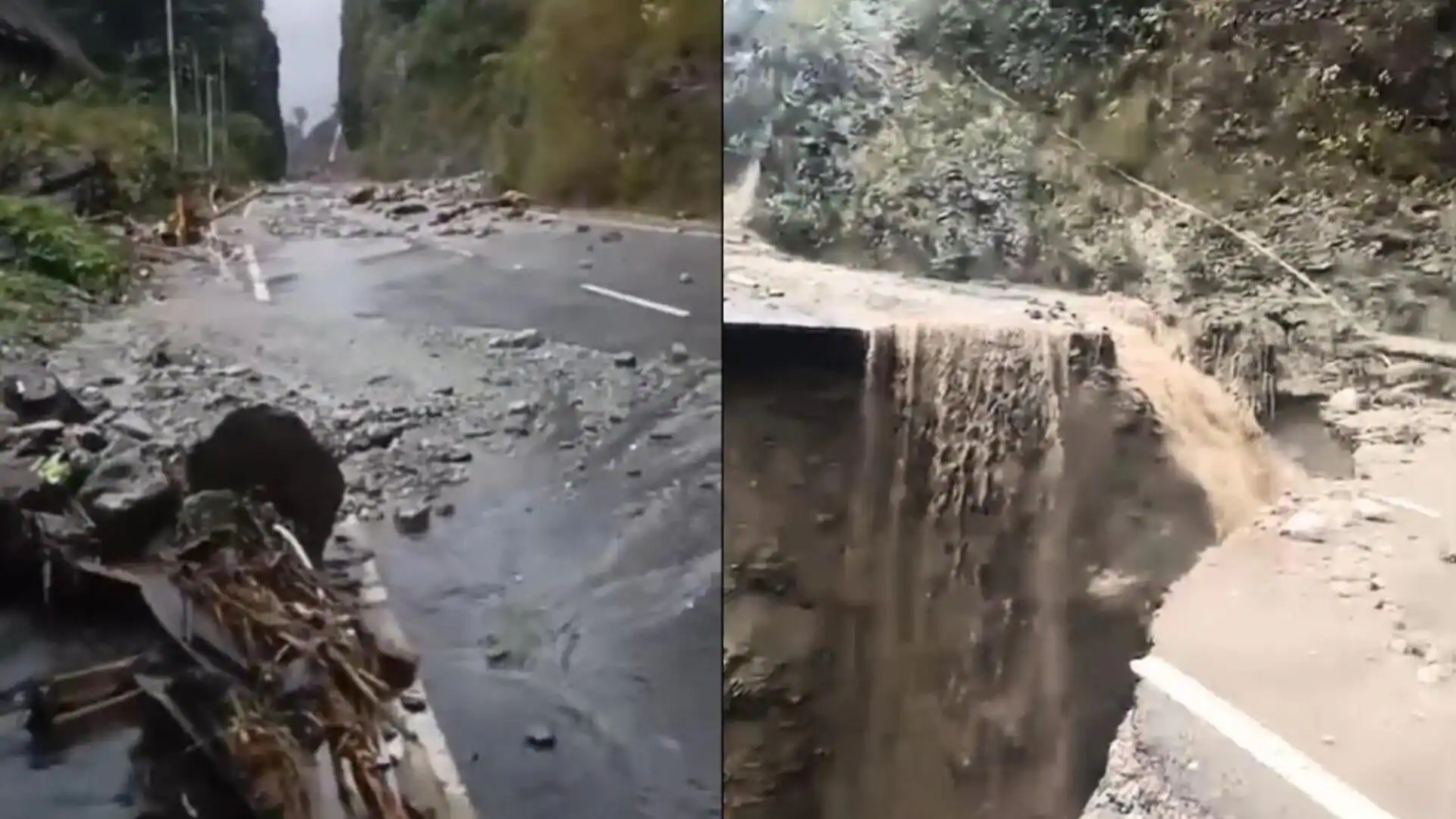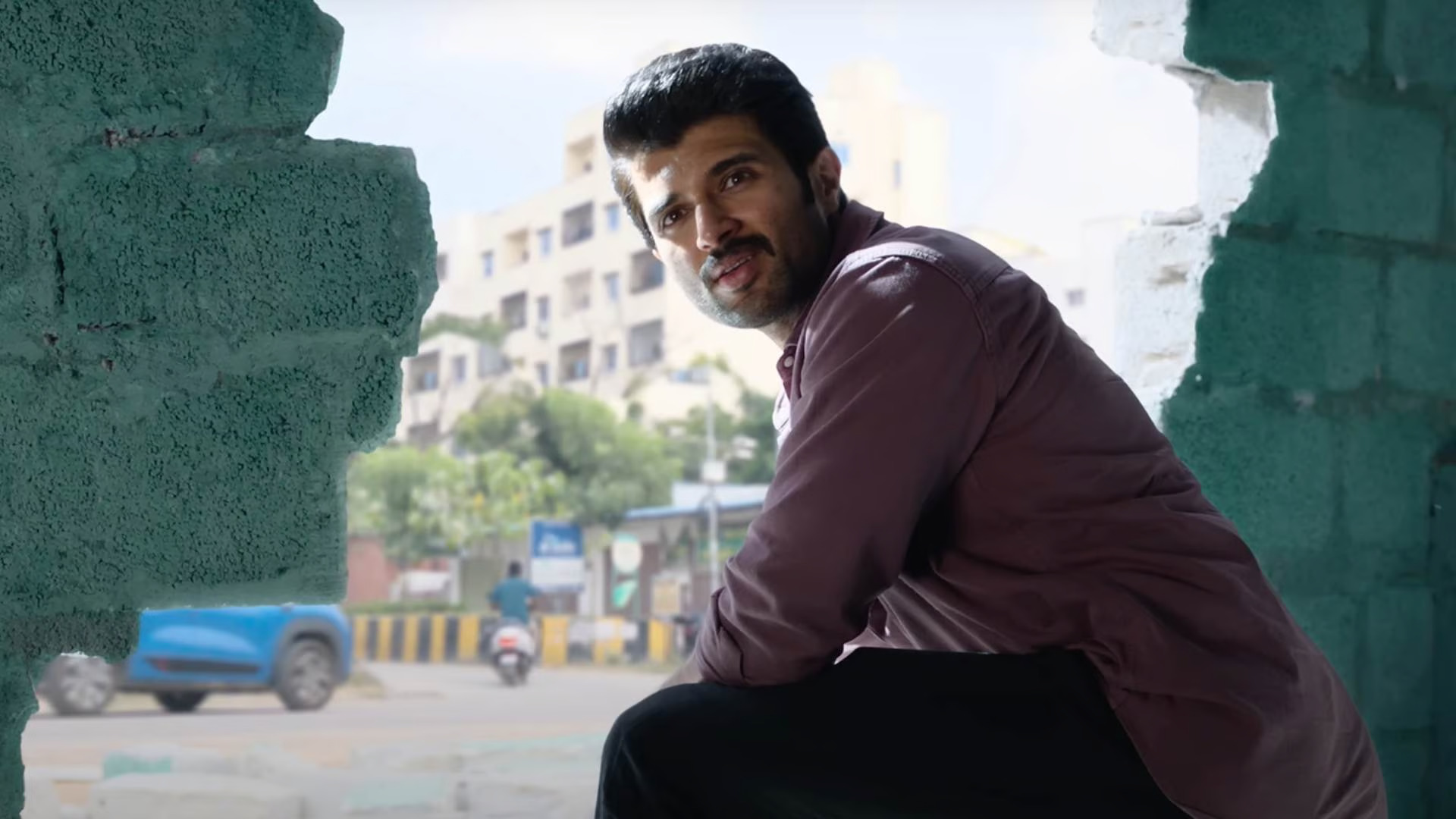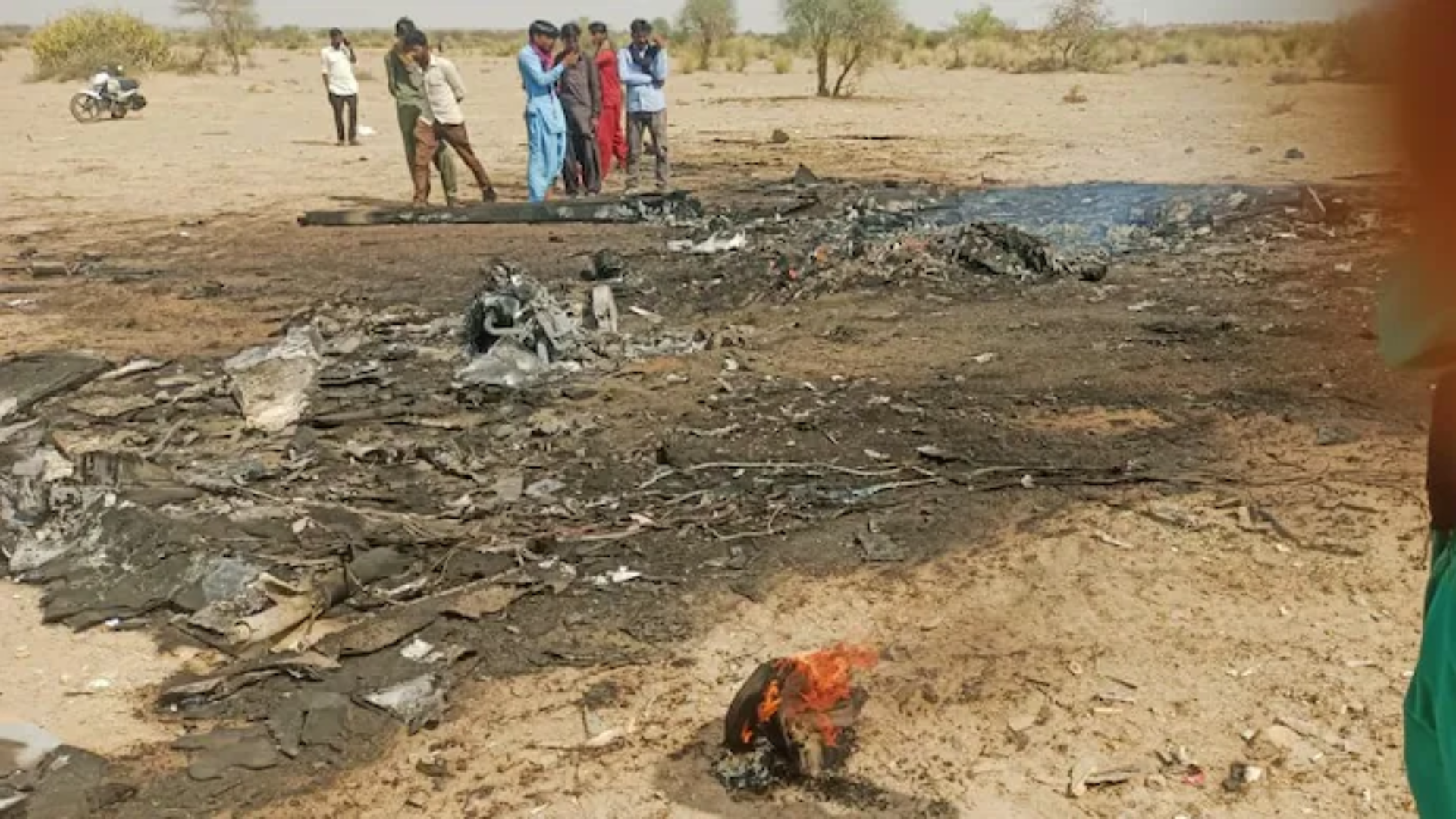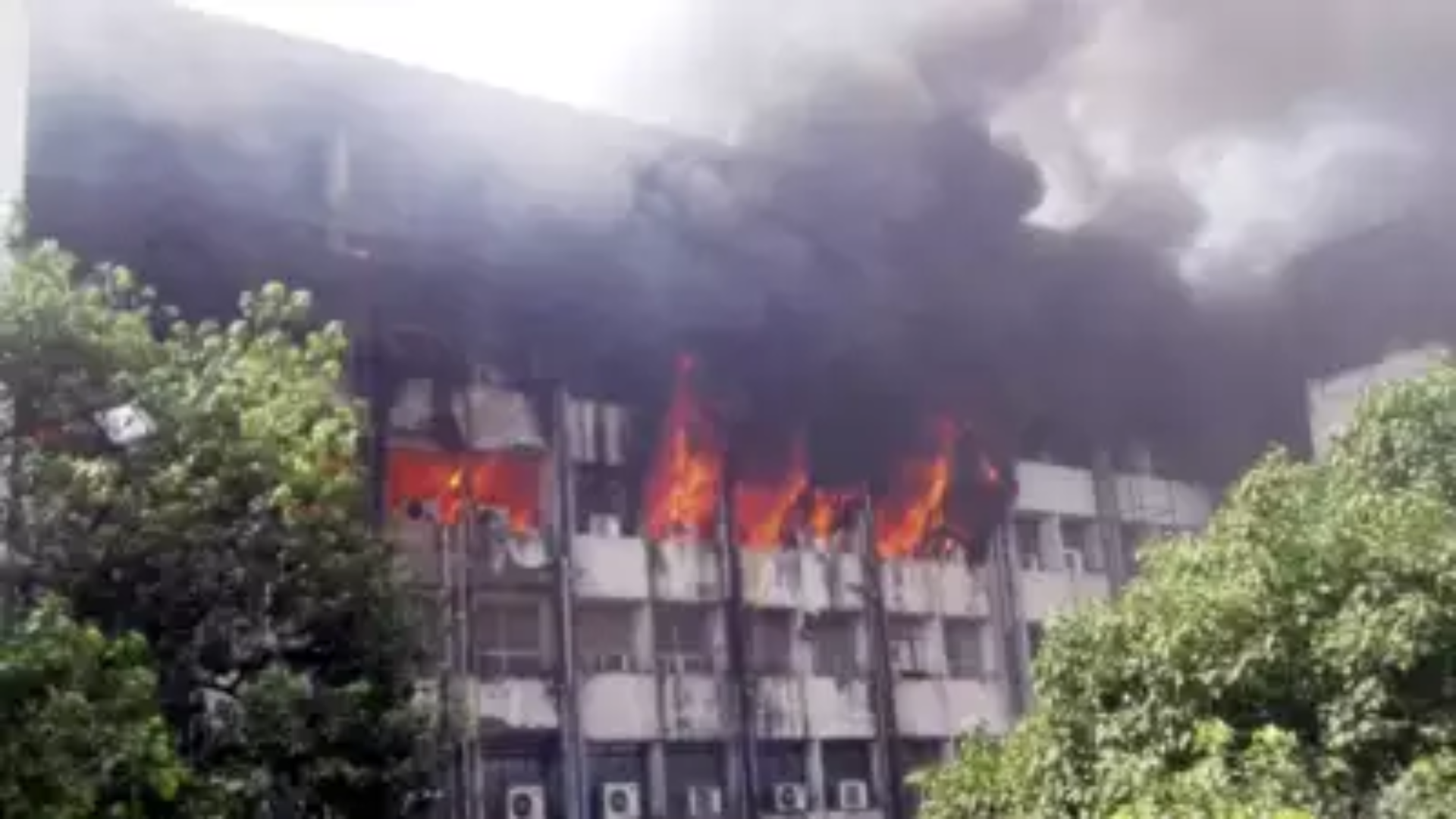




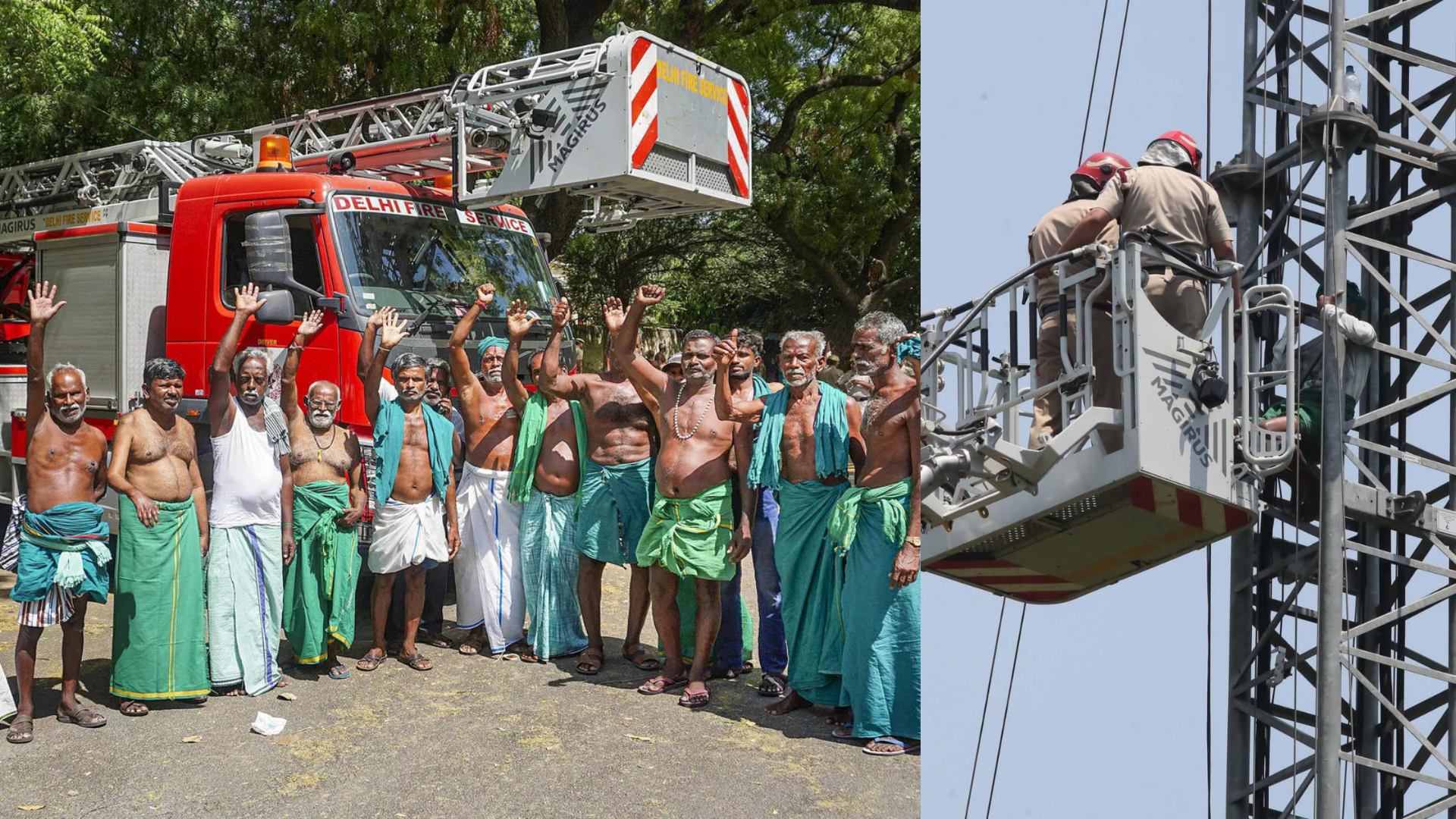
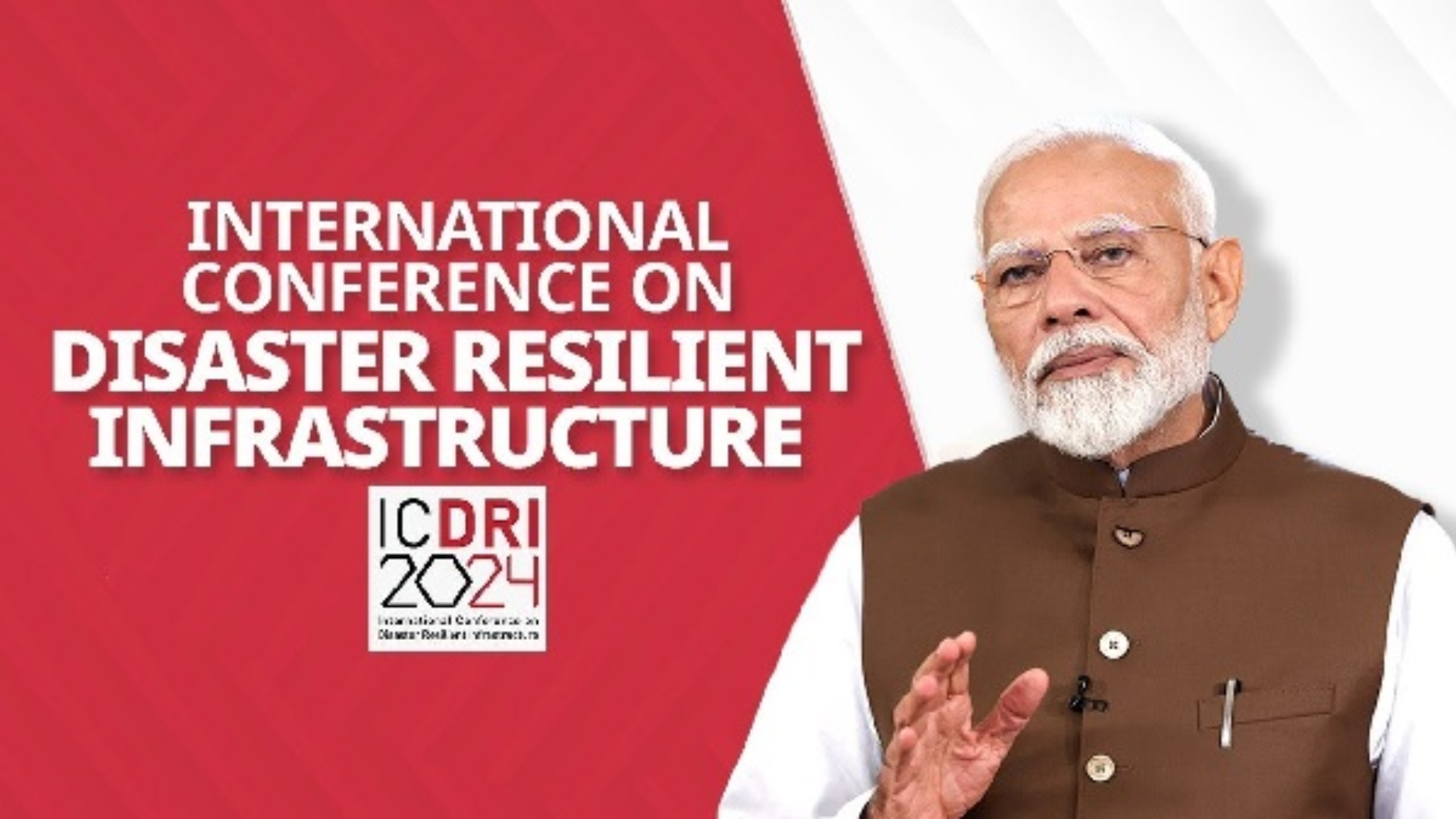



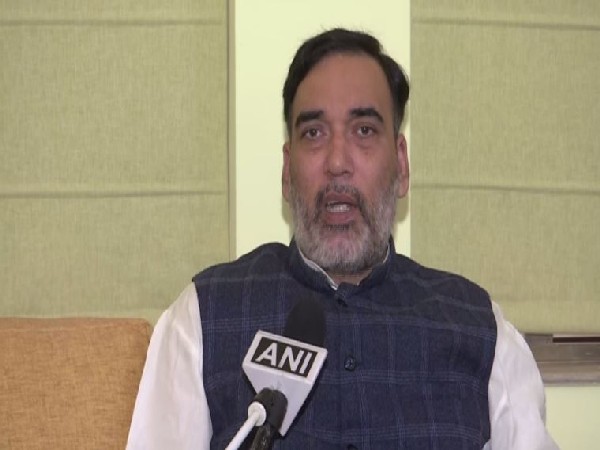
Taking account of the poor air quality situation of the national capital, Delhi Environment Minister Gopal Rai on Wednesday asserted that the next 15-20 days from November 1 onwards would be critical in the context of the air quality index.
Rai said, “From November 1, the next 15 to 20 days are critical. Scientists are saying that the temperature is dropping and the speed of air has decreased, so pollutants are at a lower level. Yesterday, AQI was nearly 350. Due to the work going on in the 13 hotspots in Delhi, the situation is fairly under control. At some hotspots, vehicle pollution’s contribution is high.”
The Environment Minister further informed that different departments will convene a meeting later in the day to analyze the Graded Response Action Plan (GRAP)-II.
“Today there is a meeting of different departments to analyze GRAP-II, which was implemented in all of Delhi. We have asked for reports from different places to know what the sources of local pollution are. We have requested that the state governments send CNG or BS-VI buses from the depot itself. The report released by the Commission for Air Quality Management in National Capital Region and Adjoining Areas (CAQM) shows that stubble burning has reduced, but its impact can be seen on Delhi pollution,” the minister added.
Meanwhile, the air quality index in the national capital was recorded at 336 on Wednesday morning bringing the air quality under the ‘very poor’ category for the fourth day in a row and the third straight day this week.
As per the SAFAR-India, the city’s AQI has been in the ‘very poor’ category since Sunday (309).
The AQI was recorded at 322 on Monday and 327 on Tuesday, as per the data provided by the System of Air Quality and Weather Forecasting and Research (SAFAR)-India.
Morning walkers of the national capital said that breathing is not as easy as it used to be in the summer months.
“It feels a bit uncomfortable to breathe while running due to pollution now as compared to in the summer months. I face congestion. We need to remain careful and take all precautions,” said a morning walker near Mayur Vihar.
In the Delhi University area and Pusa, the quality of air was recorded as ‘very poor’ with AQI at 391 and 311, respectively at 7 am today.
The quality of air in the IIT Delhi region also remained in the very poor category with an AQI of 329. The quality of air at the Airport (T3) and Mathura Road was also in the very poor category, with an AQI of 339 and 362 respectively. (ANI)
Meanwhile, Noida recorded an AQI of 391 (very poor) and Gurugram 323 (very poor).
Air Quality Index (AQI) is a tool for effective communication of air quality status to people in terms, which are easy to understand. It transforms complex air quality data of various pollutants into a single number (index value), nomenclature, and colour.
The AQI from 0 to 100 is considered good, while from 100 to 200 it is moderate, from 200 to 300 it is poor, and from 300 to 400 it is said to be very poor and from 400 to 500 or above it is considered as severe.
Last week, Delhi Environment Minister Gopal Rai said that a 15-point winter action plan is being implemented one by one to curb pollution..
The Delhi Minister added that since one of the major causes of pollution is vehicles, they have started the ‘Red Light on, Gaadi off’ campaign on October 26.

